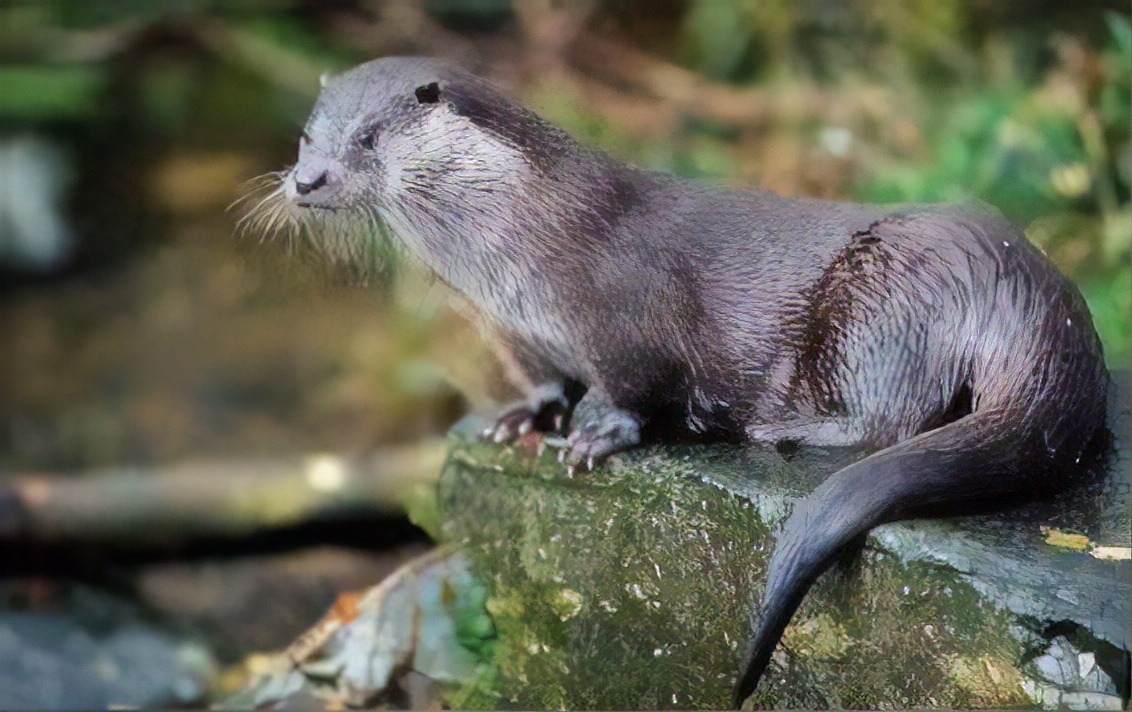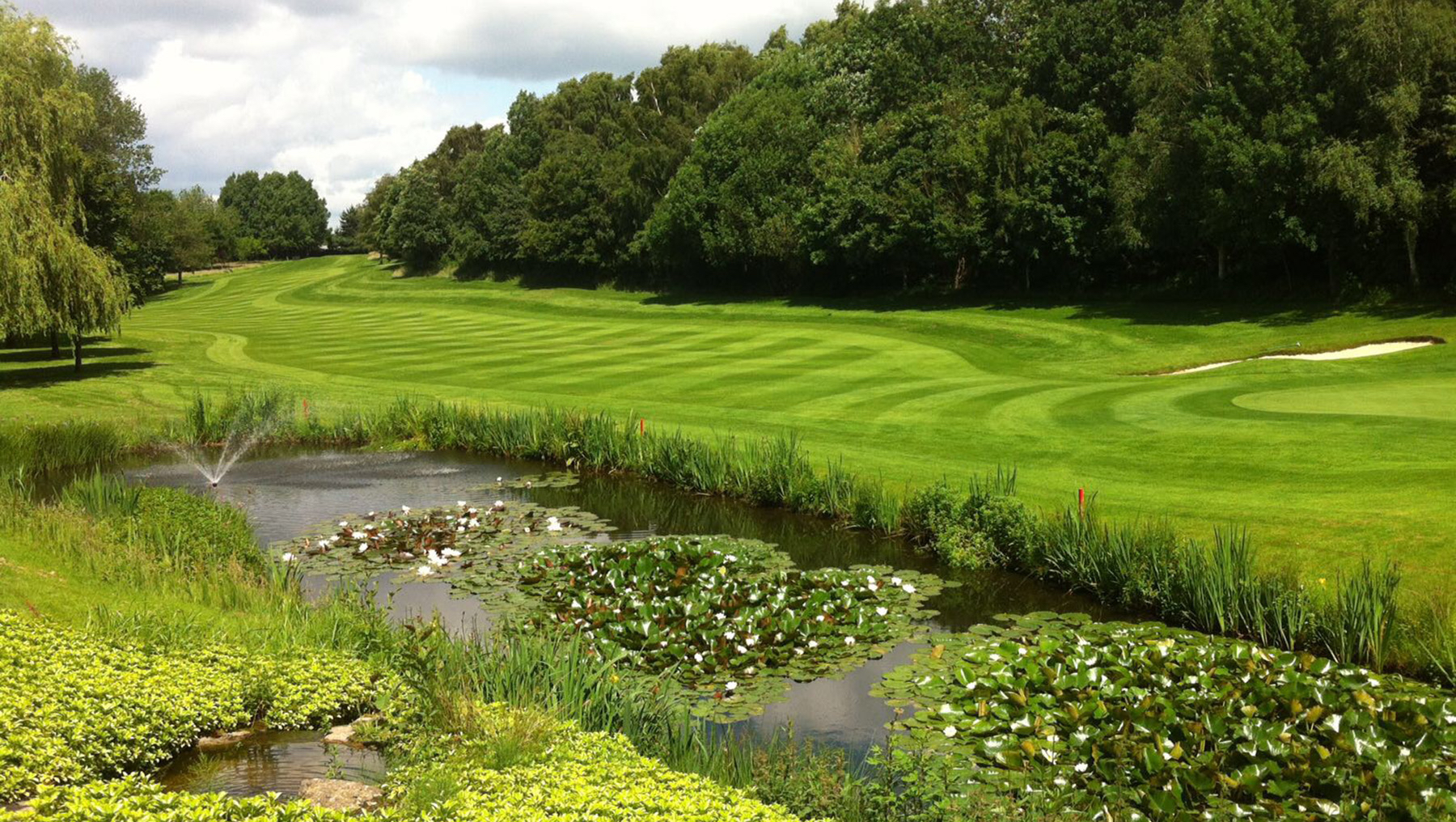 Coventry Golf Club has once again achieved one of the top environmental awards in the golf industry.
Coventry Golf Club has once again achieved one of the top environmental awards in the golf industry.
Having been the first golf club in England to be awarded Golf Environment Organisation (GEO) certification in 2012, the Midlands-based club has now achieved re-certification for the second time.
Richard Allison, Manager of GEO Certified, said: “We are delighted to be able to confirm that Coventry Golf Club has successfully achieved GEO Certified status once again for its outstanding work to foster nature, conserve resources and support the community. Many congratulations to you and the team on this thoroughly deserved achievement.”
Dr Phil Weaver of Coventry Golf Club said: “We are immensely proud of our achievement of being the first golf club in England to be certified by the internationally recognised Golf Environment Organisation and obtaining re-certification. Much has been achieved over the years to enhance the playing experience of members and visitors and reduce our environmental liabilities and business costs. We are totally committed to continuing our proud record of being one of the most environmentally sustainable golf clubs in the UK.”

The award reflects Coventry Golf Club’s commitment to environmental stewardship. In recent years the club has:
- Enhanced semi natural woodland, grassland and wetlands providing habitat for wide ranging species of birds (over 70 species seen on the course), mammals, amphibians and pollinating insects.
- Working with Warwickshire Wildlife Trust installed an Otter Holt adjacent to the River Sowe and created a perennial Wildflower meadow that attracts pollinating insects such as butterflies.
- Cut their consumption of water by using treated final effluent from the adjacent sewage works to irrigate greens.
- Reduced their consumption of energy by installing energy efficient boilers, air conditioning and lighting. And Photovoltaic Cells on the clubhouse roof that saves over 3,000 KWh of energy and reduces costs by more than £3,000 a year.
- Stopped using pesticides and effectively manage the use of herbicides.
- Installed pollution prevention facilities such as a reed bed to minimise the risk of
pollution of ground and surface water.

